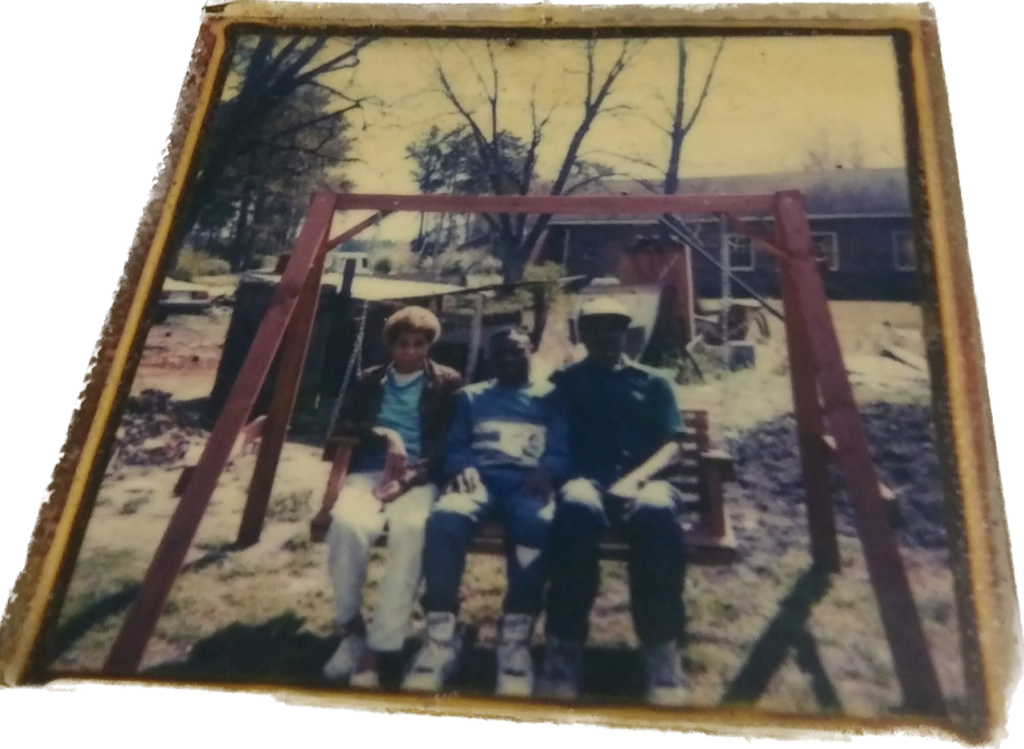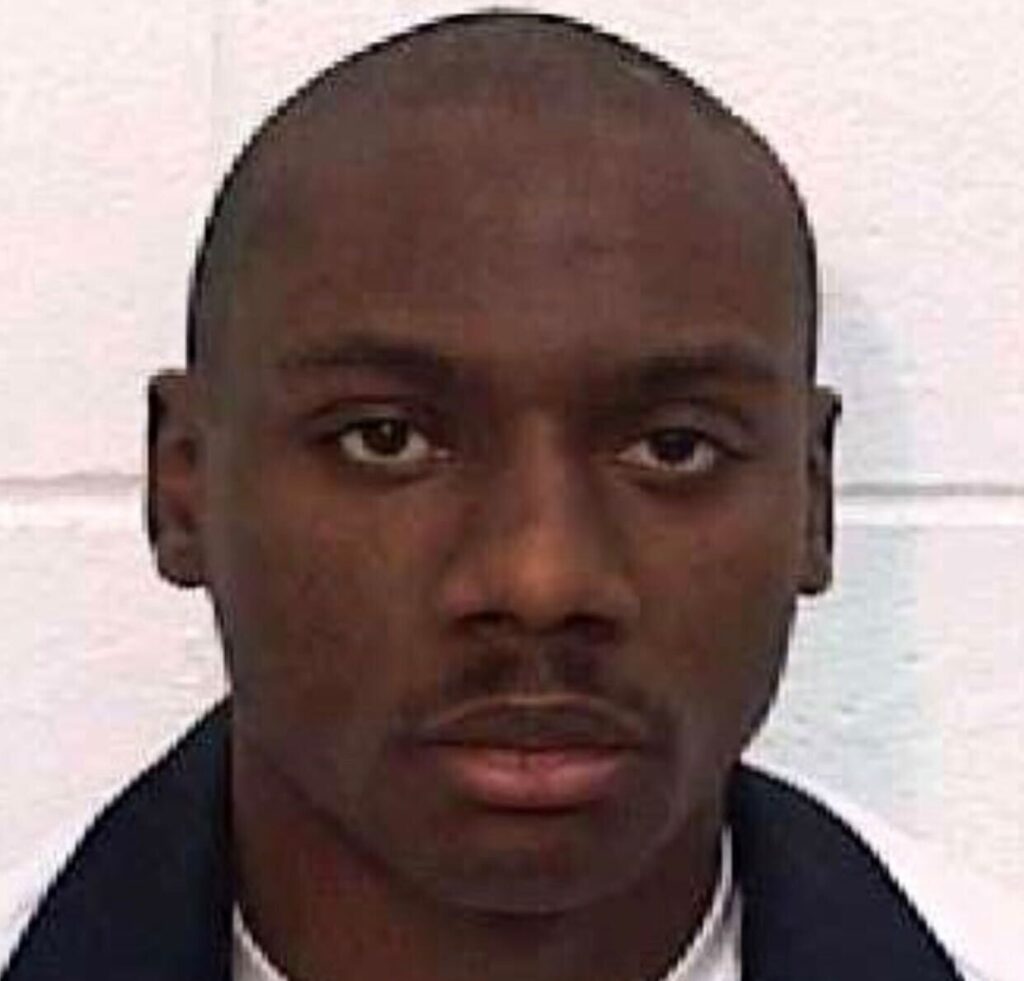Newly discovered evidence shows that Warren King’s conviction and death sentence were tainted by infamous prosecutor John Johnson’s misconduct and discrimination.
Despite this new evidence and other injustices in the case, Warren faces execution by the State of Georgia.
Photo: Warren King with his family

What Happened

Warren King was an 18-year-old Black teenager, with no history of violent crime, when he was charged with murdering Karen Crosby, a white woman, during a robbery attempt at the convenience store where she worked in 1994.
Warren’s involvement in the crime came about only because his older cousin, Walter Smith, tracked him down one evening and recruited him to participate. Walter had brought his uncle’s gun and a black cap when he drove around in his uncle’s truck all over Surrency looking for Warren. He finally found Warren riding a bike to bring ice cream to a friend. Though Walter blamed Warren for the crime, it was Walter who demanded the keys from Ms. Crosby, Walter who ran into the convenience store to rob it, and, according to a crime scene expert that jurors never heard, Walter who was more likely to have been her shooter. The prosecutor enlisted Walter to testify against Warren at his trial under a grant of immunity — with Walter ultimately receiving a plea deal of life with the possibility of parole, while Warren was sentenced to death.
Mr. King’s lawyers repeatedly asked prosecutor John Johnson prior to trial if there was a deal for Walter’s testimony and Johnson always assured them there was no deal. Walter testified at Warren’s trial that he was not expecting anything in exchange for his testimony, which the prosecutor then capitalized on to bolster Walter’s testimony. Now, over two decades later, Warren’s legal team has discovered evidence proving what the defense suspected all along—ADA Johnson had offered Walter Smith a deal for a life sentence in order to testify against Warren at his trial, and both Smith and Johnson lied about it in front of the jury. Read the affidavit of Walter Smith’s attorney here. Had the jury known about the deal Walter Smith was receiving for his testimony, his credibility would have been severely impacted, particularly in a case where he was the only eyewitness to the crime and the State’s only evidence that Warren was the shooter.
Not only did Johnson, notorious for his misconduct in death penalty cases, hide the co-defendant’s deal, but he also impermissibly considered race and gender when selecting the jury. John Johnson struck 7 of the 8 qualified Black jurors from Warren’s jury and ranted against precedent that prevents racial discrimination in jury selection. Although the U.S. Supreme Court recently declined to hear Warren King’s case to determine whether Johnson’s conduct violated the United States Constitution by striking jurors based on race and gender, two justices dissented from denial.
New evidence of Prosecutor Johnson’s notes from trial—which was previously not available to Mr. King’s legal team and has not been considered by any court yet—reveal that he was considering race and gender throughout the jury selection process and treated Black jurors differently from white jurors.
Based on the recently discovered evidence of prosecutorial misconduct and discrimination, Mr. King has filed a new petition for habeas relief. Read his petition here.
Many other injustices plague Mr. King’s case. Warren King was 18 years old at the time of the crime and has intellectual disability and schizophrenia. His intellectual disability should make him ineligible for the death penalty under the Constitution, but at trial, he had to meet Georgia’s uniquely high burden of proof—beyond a reasonable doubt—which is the most onerous in the country. Warren repeated both kindergarten and first grade, and by age 16 was still in eighth grade and reading at a fourth grade level. He never made it to high school. Warren was also in the early stages of a psychotic disorder at the time of his arrest, and he has since been diagnosed with schizophrenia and a psychotic disorder by the Georgia Department of Corrections. He was raised in extreme poverty and in a household with daily and extreme domestic violence between his parents.
Learn more about Warren’s Case




